Sep 18, 2025
Polyurethane tubing is a top choice for pneumatic, hydraulic, and fluid transfer systems thanks to its flexibility, abrasion resistance, and long service life. Understanding its properties, applications, and differences from other materials helps buyers select hoses that perform reliably under specific conditions and meet industry standards.
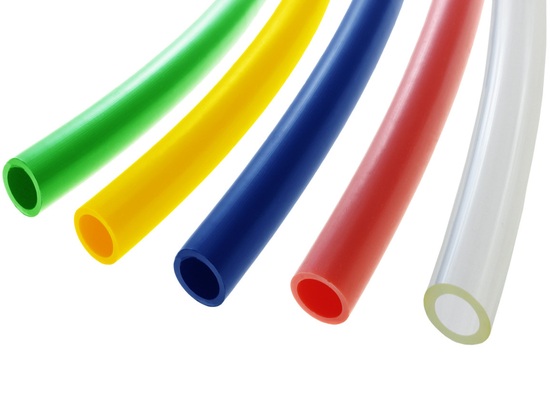
Polyurethane (PU) is a versatile thermoplastic polymer widely used in the production of hoses and tubing for industrial, pneumatic, and fluid transfer systems. Its unique structure combines the flexibility of rubber with the toughness of plastic, making it suitable for demanding environments. Polyurethane tubing is valued for its consistent performance under stress, which allows manufacturers to create hoses and tubes that maintain shape, flexibility, and strength over long periods of use.
This material offers a combination of abrasion, pressure, temperature, and chemical resistance that outperforms many alternative materials. Polyurethane hoses are less prone to wear and surface damage, can withstand higher operating pressures without weakening, retain flexibility in low temperatures, and tolerate higher heat without degrading. Moreover, PU’s resistance to many chemicals and solvents (except strong acidic media) makes it a reliable choice for industrial and pneumatic applications where both durability and safety are critical.
Polyurethane tubing is widely used in pneumatic systems for delivering compressed air to tools, actuators, and valves. Its flexibility and kink resistance make it ideal for dynamic movements and tight spaces, reducing wear and improving system reliability.
In automated production lines, polyurethane tubing connects sensors, cylinders, and other components that require a consistent air or fluid supply. Its durability under repeated motion and pressure changes helps minimize downtime and maintenance costs.
Polyurethane tubing is employed in medical devices and laboratory instruments for fluid transfer, suction, and sampling. Its clarity, chemical resistance, and biocompatibility (in specific grades) make it suitable for controlled environments.
Robotic arms and automated machinery often rely on polyurethane tubing to route air or liquids through moving joints. The tubing’s abrasion resistance and ability to handle repetitive bending help maintain consistent performance over long service lives.
Polyurethane tubing is generally not considered food safe unless it has been specifically approved by regulatory standards such as WRAS. Standard PU hoses are not suitable for drinking water applications or direct contact with consumable products due to potential safety and compliance issues.
A polyurethane tube is more prone to transferring odors and tastes to the substances it conveys compared with alternative materials like PVC. For applications involving food, beverages, or potable water, it is essential to select PU tubing that meets the appropriate food-grade certifications to ensure safety and maintain product quality.
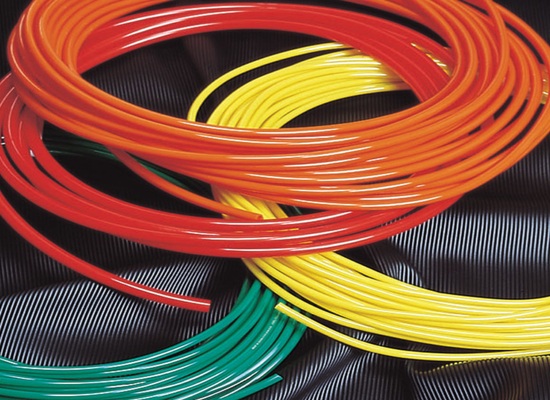
Selecting the right hose material is important for performance and durability. Both PVC and polyurethane offer advantages, but their suitability depends on flexibility, abrasion resistance, and specific application requirements. Here, we assembled a detailed guide exploring the differences between polyurethane and PVC hoses.
Polyurethane pipes are known for their chemical resistance and flexibility, making them suitable for applications such as potable water and wastewater systems. When properly installed and maintained, polyurethane linings typically have a service life of 25 to 30 years, providing long-term reliability and durability in various environments.
You can buy PU hoses directly from Fokcaflow.com, which provides high-quality flexible hoses backed by years of expertise since 2008. With over 30 production lines, a strong R&D team, and global patents, our company delivers reliable PU, nylon, PE, PVC, and specialty hoses to more than 36 countries. Its manufacturing follows 6S standards and uses advanced technology to ensure consistent quality.
All products undergo strict testing and meet certifications such as ROHS, CE, FDA, ISO9001, and TS16949. Widely used in automation, food, medical, automotive, and agricultural sectors, Fokcaflow hoses are trusted for durability and compliance. Offering OEM and ODM services, fast delivery, and a secure transaction process, Fokcaflow.com ensures safe, efficient, and customer-focused solutions. If you have any needs about PU, please contact us.
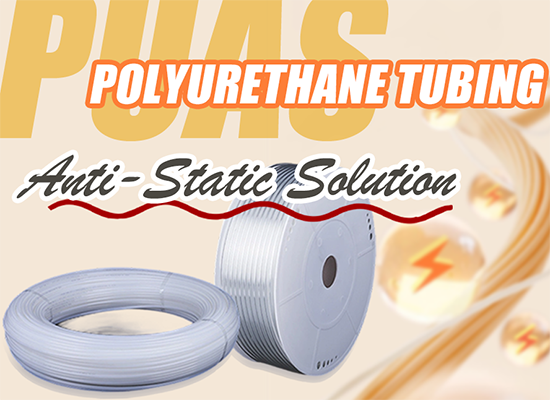 PUAS Polyurethane Tubing: Flexible, Durable, and Anti-Static Solution for Industrial Applications
PUAS Polyurethane Tubing: Flexible, Durable, and Anti-Static Solution for Industrial Applications
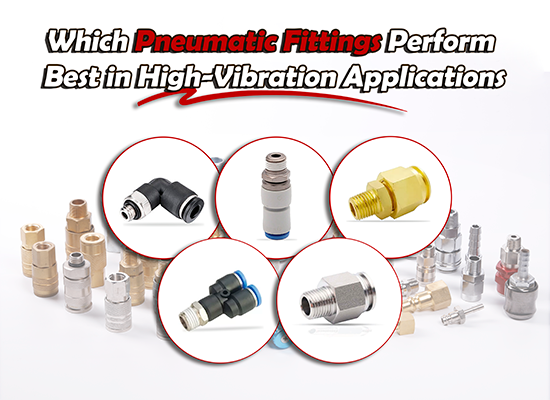 Which Pneumatic Fittings Perform Best in High-Vibration Applications
Which Pneumatic Fittings Perform Best in High-Vibration Applications
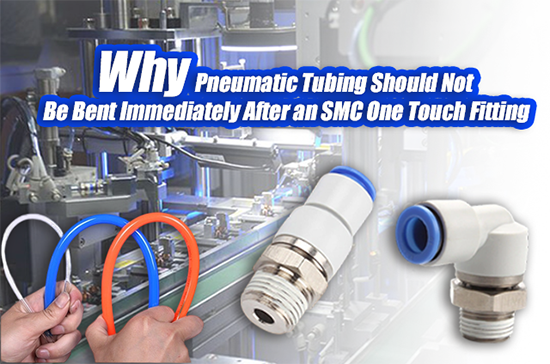 Why Pneumatic Tubing Should Not Be Bent Immediately After an SMC One Touch Fitting
Why Pneumatic Tubing Should Not Be Bent Immediately After an SMC One Touch Fitting
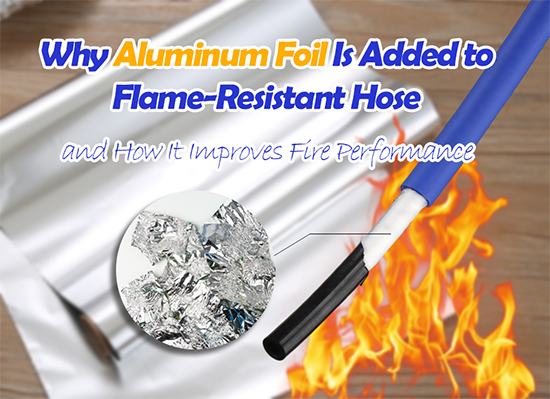 Why Aluminum Foil Is Added to PUFR Flame-Resistant Hose and How It Improves Fire Performance
Why Aluminum Foil Is Added to PUFR Flame-Resistant Hose and How It Improves Fire Performance
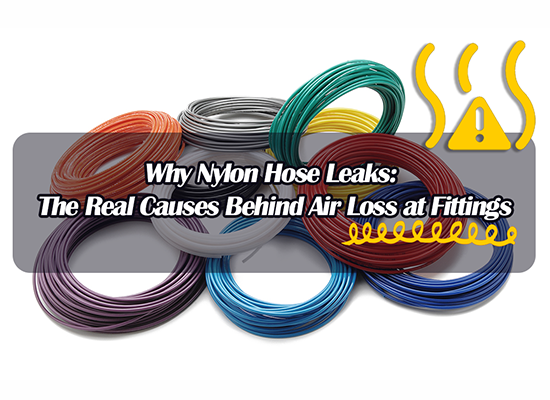 Why Nylon Hose Leaks: The Real Causes Behind Air Loss at Fittings
Why Nylon Hose Leaks: The Real Causes Behind Air Loss at Fittings
You May Interest In
Links: www.fescolo.com(Pneumatic)
FOKCA ©1998-2025 All Rights Reserved Sitemap